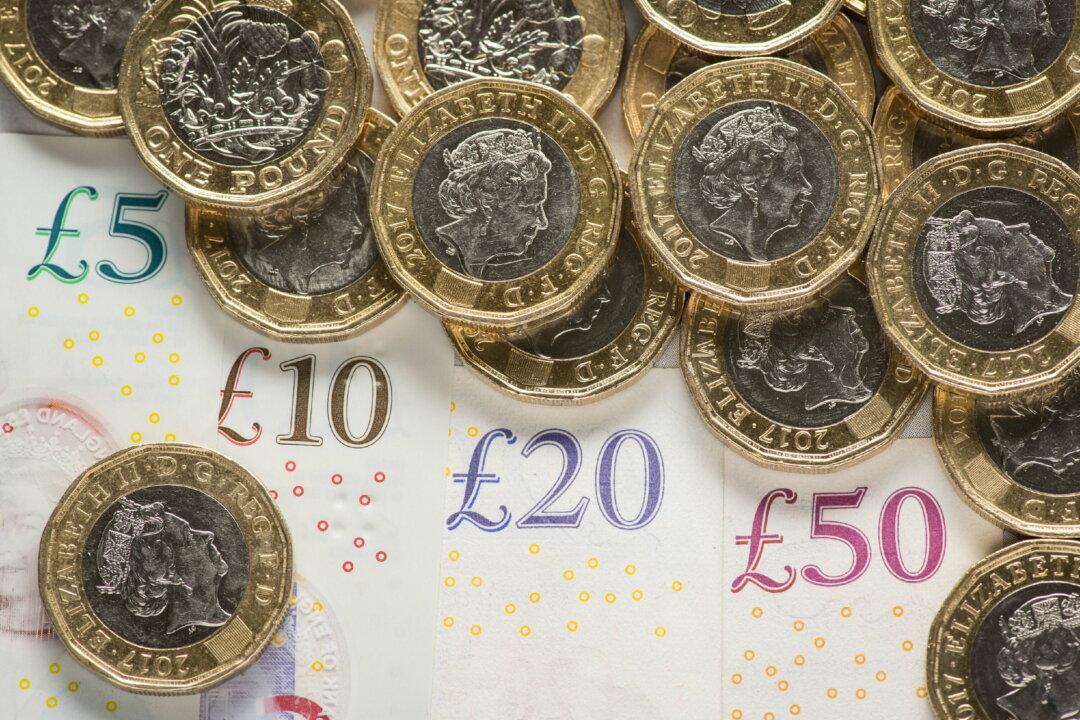Interest payments on UK government debt has jumped by almost 40 percent year-on-year as state borrowing increases at a much faster pace than expected, official data show.
According to the latest figures from the Office for National Statistics (ONS), UK government borrowing hit £4.9 billion ($5.8 billion) in July, significantly exceeding the £2.8 billion predicted by economists and bringing the total budget deficit for the year so far to £55 billion ($65 billion).





